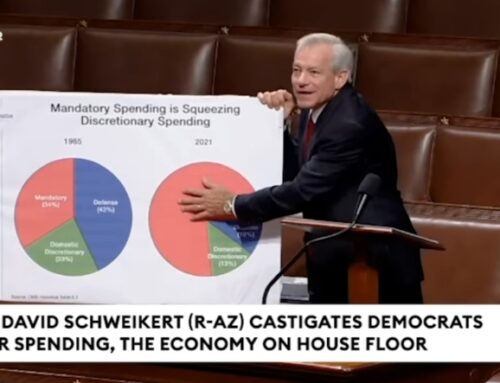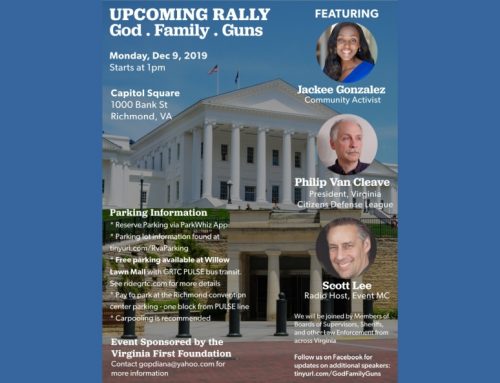We are come hither to preserve the poor commonwealth of Virginia, if it can be possibly done: something must be done to preserve your liberty and mine.
– Patrick Henry, 5 June 1788, arguing (correctly) against Virginia’s ratification of the proposed Constitution.
We turn our attention for a foray into history. It’s been said that “Those who fail to study history are doomed to repeat it.” That’s not entirely true; even those who have studied history are doomed to repeat it when they are surrounded by those who haven’t. Americans have a strange relationship with the Constitution. Conservatives love it almost as some providential construct that we cite as protection for our natural (God-given) rights, and the progressives love it because they think they can interpret it to say anything they want and then call that the supreme law of the land.
The Constitution is only as good as our adherence to it. As Tea Partiers we strive towards a return to Constitutional governance. The Constitution as written is perhaps the greatest modern assertion of human rights. But it almost wasn’t. No, I don’t mean it almost wasn’t ratified, I mean it almost wasn’t the greatest. We owe a great debt to the man quoted above. He was skeptical. I’d like to introduce you.
Background: the Philadelphia Convention of 1787 had prepared a new Constitution that would greatly strengthen the federal government if ratified. The document had been sent to the states for ratification, state-by-state. Virginia had had a very prominent role in the war. And while eight other states had already ratified the new Constitution, Virginia’s philosophical as well as her physical position were central: many Virginians had had founding roles in American revolutionary thought, so her acceptance or rejection of the new Constitution was of great public import. Further, Virginia literally stood astride the contiguous 13 states. If Virginia failed to ratify, the new nation would be divided in half geographically.
So with some trepidation the pro-ratification federalists gathered their forces at the Virginia Ratification Convention, held in June 1788. They knew Henry (and others) would oppose them. Henry didn’t disappoint them:
I am not free from suspicion: I am apt to entertain doubts. I rose yesterday to ask a question which arose in my own mind. When I asked that question, I thought the meaning of my interrogation was obvious. The fate of this question and of America may depend on this. Have they said, We, the states? Have they made a proposal of a compact between states? If they had, this would be a confederation. It is otherwise most clearly a consolidated government. The question turns, sir, on that poor little thing — the expression, We, the people, instead of the states, of America.
Henry continued to lambast the power-hungry federalists (forgive me, sir; emphasis added):
I need not take much pains to show that the principles of this system are extremely pernicious, impolitic, and dangerous…Here is a resolution as radical as that which separated us from Great Britain. It is radical in this transition; our rights and privileges are endangered, and the sovereignty of the states will be relinquished: and cannot we plainly see that this is actually the case?
Henry immediately proceeded to point out glaring omissions in the new document. Later, these would form the basis for his and others’ demanding what we now know as the Bill of Rights, which did not yet exist:
The rights of conscience, trial by jury, liberty of the press, all your immunities and franchises, all pretensions to human rights and privileges, are rendered insecure, if not lost, by this change, so loudly talked of by some, and inconsiderately by others. Is this tame relinquishment of rights worthy of freemen? Is it worthy of that manly fortitude that ought to characterize republicans? It is said eight states have adopted this plan. I declare that if twelve states and a half had adopted it, I would, with manly firmness, and in spite of an erring world, reject it.
Debate in Virginia and in other states had variously centered on whether other nations would respect or fear us as a strong nation, or whether trade and commerce would flourish and wealth abound. Henry cut through it all with words that are as important today as they’ve ever been:
You are not to inquire how your trade may be increased, nor how you are to become a great and powerful people, but how your liberties can be secured; for liberty ought to be the direct end of your government.
Is it necessary for your liberty that you should abandon those great rights by the adoption of this system? Is the relinquishment of the trial by jury and the liberty of the press necessary for your liberty? Will the abandonment of your most sacred rights tend to the security of your liberty? Liberty, the greatest of all earthly blessing — give us that precious jewel, and you may take every thing else! But I am fearful I have lived long enough to become an old-fashioned fellow. Perhaps an invincible attachment to the dearest rights of man may, in these refined, enlightened days, be deemed old-fashioned; if so, I am contented to be so.




